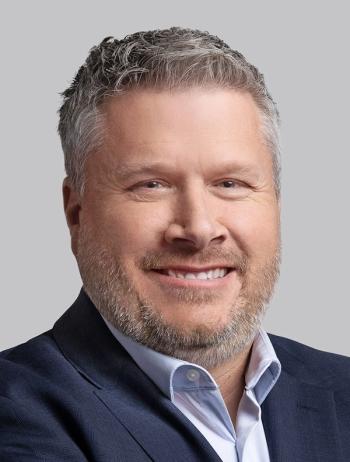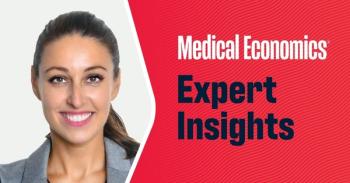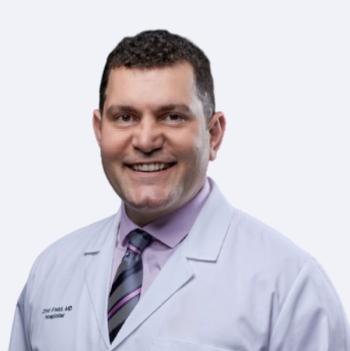
Physicians, patients truly benefit from new hypertension guidelines
Despite skepticism from some physician groups, updated blood pressure guidelines are good for patients and physicians.
By now, we’ve all had time to reflect upon the new guidelines indicating hypertension begins at 130/80, rather than 140/90, immediately upping the affected population from 72 million Americans to 103 million.
While, at a first glance, this news may come as a blow to medical professionals who have the task of providing 46% of U.S. adults (up from 32%) with clinical advice and assistance, it’s actually positive news for both clinicians and patients. As we all know, blood pressure is an extraordinarily good indicator of present and future health as there’s a correlation between high blood pressure and heart attacks, stroke and long-term cardiac damage. These new guidelines will make physicians more acutely aware of people who are on the borderline, and who may require additional treatment and focus. For newly diagnosed patients, it’s an advanced warning to take early warning signs more seriously.
POPULAR ONLINE:
The updated guidelines mean there’s an even greater need for clinicians to emphasize blood pressure control, and to work more closely with patients to overcome barriers they are experiencing in managing their conditions. Because, while high blood pressure is typically easy to treat, there are many variables that can prevent success. The key is identifying the best course of treatment for each individual patient.
Nick van Terheyden, MD
The first solution that comes to mind may be pharmacological, but intervention can take many other forms. These new guidelines are about so much more than how drugs can help. They’re about leading healthier lives. Improving diet (though, don’t place too much emphasis on
MORE HEALTHCARE NEWS:
Although our focus shouldn’t immediately turn to prescription drugs, people are historically very poor at following diet and exercise recommendations. The pharma approach is a needed (and successful) alternative should lifestyle-based efforts fail. Additionally, depending on a patient’s individual circumstance, medication may not only be recommended, but critical-for instance, if a patient has any kind of cardiovascular disease or a significant risk of developing one.
Healthcare slow to keep up with science
The updated hypertension guidelines remind me that in medicine today, we often see situations where the healthcare industry is playing catch-up with science. The time it takes to translate medical research to societal impacts is typically underestimated, and the percentage of studies that survive long enough to contribute to utilization are largely overestimated.
In layman’s terms, it takes a long time for the
I see this game of catch-up regularly in my day-to-day work as a physician in the healthcare world. I recently joined
POPULAR ON OUR SITE:
It’s evident that there are parallels between these “invisible patients’” we’re trying to pinpoint and the people on the hypertension “borderline” mentioned above. Once seemingly healthy people reach a tipping point, it’s often one adverse health event after the other. For example, if a person categorized as hypertensive later suffers from a heart attack, they may very well survive. But what many people overlook, is that these individuals’ lives can be permanently affected by a slew of resulting medical complications and conditions. It’s critical to identify these people before they hit that tipping point, and these guidelines are a step in the right direction.
Ultimately, the addition of millions of people classified as hypertensive calls for a much more aggressive approach to controlling blood pressure, which needs to be led by medical professionals. But, if we’d like to proactively create a healthier society, and encourage lifestyle changes before people are evidently unhealthy, this shouldn’t be seen as a negative.
Nick van Terheyden, MD, is chief medical officer of BaseHealth, the comprehensive predictive analytics company for population health management. “Dr. Nick” is a graduate of the Royal Free Hospital School of Medicine in London, and previously practiced emergency medicine.
Newsletter
Stay informed and empowered with Medical Economics enewsletter, delivering expert insights, financial strategies, practice management tips and technology trends — tailored for today’s physicians.






